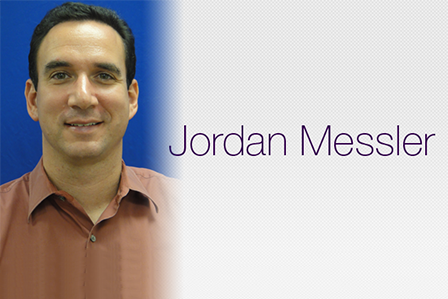To hold him who has taught me this art as equal to my parents and to live my life in partnership with him, and if he is in need of money to give him a share of mine, and to regard his offspring as equal to my brothers in male lineage and to teach them this art—if they desire to learn it—without fee and covenant
-HIPPOCRATIC OATH
Mrs. Truman, my fourth grade teacher, was given an apple by the other students. I put a human heart on her desk.
Mrs. Truman was the first person I told of my dream to become a doctor. She didn’t knock my dream, or encourage me to broaden my choices, but let me enjoy my vision, and inspired and encouraged my path. She opened the idea to explore the human body, and not simply in books. Reading about the heart was one thing, but Mrs. Truman knew that holding one and observing one would leave a more tangible impact than any book. So, at 10 years old I carried that heart around in a bag of formaldehyde. Before dissecting frog hearts, pig hearts and human anatomy, I was the crazy kid who transported a cadaver organ around class all day, and solidified my vision to learn about the human body.
The good teachers leave long lasting imprints.
Learned soon after “First, Do No Harm” is “See one, Do one, Teach one”; it’s one of our earliest ingrained aphorisms. To be able to teach something is to be able to know it for ourselves, but then also to be able to impart that knowledge to others.
We instruct patients, nurses, colleagues, and the generation of physicians that come after us. This type of teaching tends to be largely on the job, with brief educational talks here and there, the occasional lecture, mentoring, and short sessions with patients.
Our community hospitalist group used to hold weekly educational conferences. When it came time to ask for volunteers, one of our now former doctors refused to participate. “I don’t give talks,” was the comment at the time. I was speechless. Eventually, no one really wanted to teach anymore. This felt antithetical to our very nature as physicians. Teaching is encoded in our DNA as sure as placing a stethoscope on the chest, rooting out disease, and complaining about EMRs.
Humoral medicine, the medicine of yellow and black bile, phlegm and blood, was the standard of medicine until the modern era. If the humors were balanced, you were well, if unbalanced, then disease set in. Humoral medicine was the standard for over a thousand years largely because it was tangible to physicians and patients. It was understandable, and very teachable. Feed a cold, starve a fever is grandma teaching you Hippocratic humoral lessons.
We now live in an arcane landscape of medical knowledge, cutting edge technology, and obscure language. Our patients are searching for a modicum of understanding. And look to their healthcare providers for answers.
The Hippocratic Oath asks us to impart medical wisdom to our teachers’ offspring, to spread the knowledge of medicine to all who uphold the oath. It’s our gift as physicians to share our knowledge with others. It’s not limited to medical students and residents. We are teachers to each other, to our nursing and pharmacy colleagues in the hospital, to our patients, and mostly to ourselves. We teach by example, sharing our knowledge and stories, and being compassionate physicians.
The word doctor comes from the Latin docere, to teach. Our academic colleagues are teaching all the time. For those of us in the community, the opportunity is still ever present. Teaching compassion by example. Teaching new treatments in a short discourse with a bedside nurse. Being sure a patient understands a new regimen by listening, using teach back, and confirming that patient understood. Participating in journal club or Grand Rounds. Mentoring colleagues. As doctors, teaching is right up there with healing. It’s part of our mission.
The bag with the heart started leaking by music class (Ms. Pepper probably never got the smell out of her classroom), but the memories remain preserved to this day. Memorable teachers are such because they inspire, motivate, and truly teach.
Listen, observe, diagnose, treat.
And teach.
Hippocrates would be proud.



Yes this is right that a doctor is a teacher because if you are doing treatment of someone then you are telling them about their health so if you are telling then you must have communication skills like a teacher. Doctors of <a href="http://eternalheart.org/"top hospitals in Jaipur and India should take care of this.
Mrs. Truman would be so thrilled & proud as am I